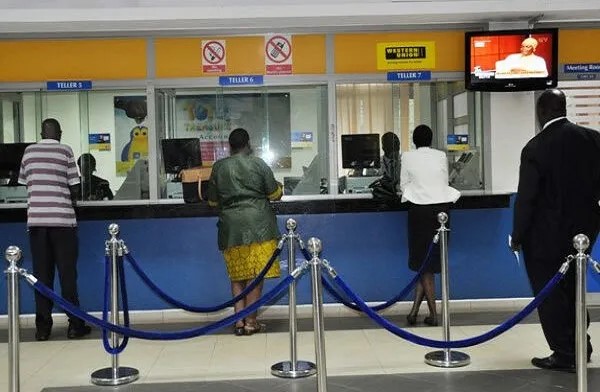Hong Kong: The British should have taken tougher stance earlier

Britain's last governor of Hong Kong receives the Union Jack flag after it is lowered for the last time. PHOTO | AFP
What you need to know:
- Britain seriously undervalued Hong Kong when it acquired this “barren island.” What bitter irony that it has undervalued it again as one of the major chapters in world history came to a close--the rule of Europeans over the peoples of Asia, the Americas and Africa. What a tragic epitaph to Empire.
The British emissary to Hong Kong who seriously misread the situation got recalled to London by fast clipper and reposted as consul-general to Texas.
Charles Elliot became unstuck because, as Queen Victoria put it, “all we wanted might have been obtained if it had not been for the unaccountably strange conduct of Charles Elliot. He tried to obtain the lowest terms from the Chinese.”
Chris Patten, Hong Kong’s last British governor, was also recalled to London. On June 30, 1997, after the union jack was hauled down at midnight and the yellow star of China hauled up he too sailed away, along with Prince Charles on the royal yacht, Britannia.
Did Patten, who made British policy on Hong Kong and China, seriously misread the bargaining relationship with China, not by settling for the lowest terms, but by demanding too much? Perhaps, said his legion of critics of that time, he totally underestimated the Chinese, endlessly provoking them by pushing through his democracy reforms to the point where it became counterproductive. Now that power was within China’s grasp, China was determined, although they said the opposite, to roll democracy back, dismantle the existing legislature and turn back the clock further than it would have been if Patten had left things as he found them five years before when he took over.
In retrospect, it seems reprehensible that Margaret Thatcher when prime minister did not bequeath Patten a stronger hand. Although her first instincts were more in the style of Queen Victoria, in the end she compromised more than she should.
Yet, we now know from later research that Deng Xiaoping never expected the British to capitulate so easily and was prepared to live with a longer and less well-defined transition. If only Mrs. Thatcher had continued to be tough, insisted on some years of delay, at least for Kowloon and Hong Kong Island, which had been ceded to Britain in perpetuity, there would have been more time for Patten’s reforms to take root. (The New Territories which include the mainland area lying largely to the north together with some 230 large and small offshore islands were leased from China for 99 years from 1989 to 1997.)
This raises a big question which still deserves to be put: why did Britain take so long to get round to introducing democratic practices when it had fully-fledged legislatures in the African, Caribbean and Indian parts of its empire, forty, fifty and even seventy-seven years ago?
Britain seriously undervalued Hong Kong when it acquired this “barren island.” What bitter irony that it has undervalued it again as one of the major chapters in world history came to a close--the rule of Europeans over the peoples of Asia, the Americas and Africa. What a tragic epitaph to Empire.
It has to be said that recent protests that turned violent did the democracy cause a lot of harm. It gave the authorities the excuse to clamp down and change the rules. Until then the so-called “Umbrella Movement”, when the demonstrators carried yellow umbrellas, had the authorities on the back foot.
If opponents of present Chinese policies could find their way back to non-violence then the present day mood of defeat could be ameliorated. The goal now, for the time being at any rate, has to be a more modest one- to stop Hong Kong slipping so far backwards that it is just an outpost of the government in Beijing.
Many wealthy Hong Kongers, investors (including foreign ones) and the cream of students are now emulating Charles Elliot and Chris Patten and sailing away. They shouldn’t. They are born and bred in Hong Kong. They are needed at home to stem the tide of sinofication.
There are many ways to influence the government besides demonstrations. Non-violence has many facets. Hong Kongers still have more liberties than their counterparts in China. Quiet persistence may yet save most of the Hong Kong way of life- in the law, in culture, in high standards of health care, in lack of corruption, in books that can be read, and in what can be taught and researched in the schools and universities. After all, thanks to British negligence over 150 or so years, they have never known democracy. It would have been a surprise if China had let the British adopt it now. Hong Kongers have to make the best of it. Confrontation will get them nowhere. Moreover, a more subtle opposition will probably buy time for Taiwan.





